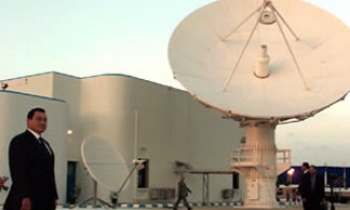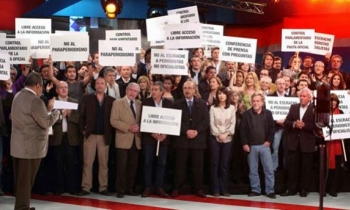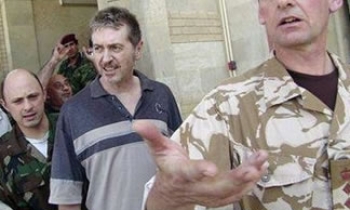The outbreak of violent demonstrations against the reproduction in Western Europe of a series of editorial cartoons depicting Prophet Mohammed seem to reflect a profound misunderstanding of the relationship between the state and the press in established democracies, the World Press Freedom Committee (WPFC) has said. Democratic governments may neither censor nor dictate content to independent news media outlets.
The operative principle worldwide ought to be the standing and often reaffirmed ruling of the European Human Rights Court in the Handyside case of 1976: "Freedom of expression ... is applicable not only to information’ and ideas’ that are favourably received or regarded as inoffensive or as a matter of indifference, but also to those that offend, shock or disturb the State or any sector of the population. Such are the demands of that pluralism, tolerance and broadmindedness without which there is no democratic society."
While there may be legitimate questions of taste and timeliness in editorial choices, such judgments must be under the sole authority of media outlets, WPFC said in a statement, adding that while cultural and religious sensitivity by news media is desirable, there must also be recognition by Islamic authorities and publics that they may not censor media output in societies with traditions differing from their own. To be meaningful, mutual tolerance must be exercised in all directions, it said.









